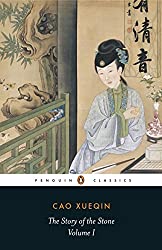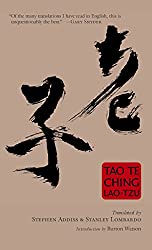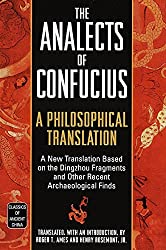
Rating: 7.8/10.
Classic treatise on war by ancient Chinese general Sun Tzu who lived in 500BC. It’s 13 short chapters, totaling about 50 pages, and can be read in 2-3 sittings. Some very famous quotes come from this book, like “if you know the enemy and yourself, you will win every battle; if you know yourself but not the enemy, for every victory you will suffer a defeat; if you know neither the enemy nor yourself, every battle will end in defeat” (知彼知己,百戰不殆;不知彼而知己,一勝一負;不知彼,不知己,每戰必敗).
The copy I got had parallel text in Classical Chinese and modern English (translation by Lionel Giles). It struck me how brief the original text is, there’s no chance I would’ve understood anything without the translation. The writing is so concise that even scholars disagree whether a verb is in the active or passive tense, which changes the meaning completely (don’t attack the enemy vs don’t get attacked by the enemy, etc). I’m interested in studying Classical Chinese grammar more to understand how this works.
There are a few famous and profound sayings, but a lot of it is quite vague when read quickly, and in any case is too concise to teach anyone about actual warfare. However, its teachings can be applied to business, negotiating, dating, anything.



